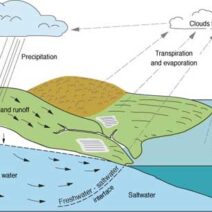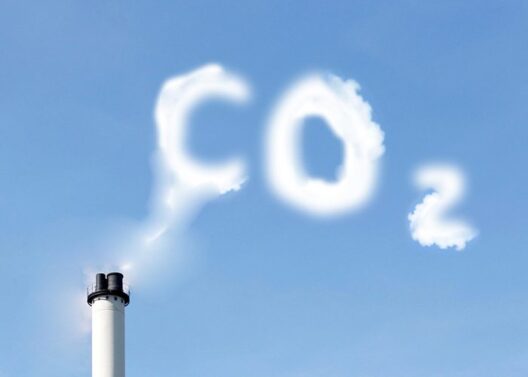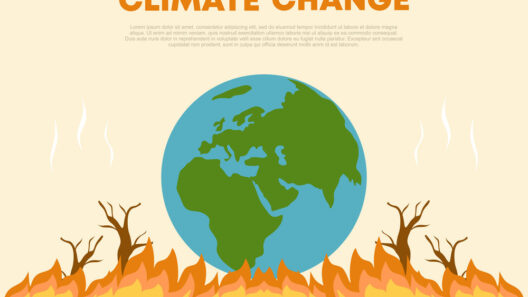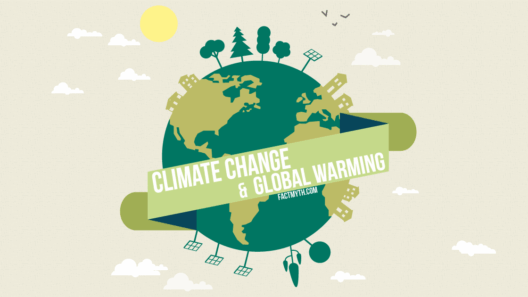The Pacific Islands, a vast archipelago scattered across the expansive blue of the Pacific Ocean, are among the regions most acutely affected by climate change. Rising sea levels threaten to inundate entire communities, while unpredictable weather patterns devastate agriculture, fisheries, and freshwater supplies. Yet, amid these harrowing challenges, Pacific Islanders embody resilience and agency. They are not merely victims; they are on the frontlines, employing innovative strategies to combat climate change while showcasing their cultural heritage.
The indigenous knowledge systems steeped in centuries of living harmoniously with nature provide a robust foundation for this resistance. Elders, whose wisdom is forged through experience, advocate for practices that prioritize sustainability. The veneration of ancestral territories and resources cultivates a deep-seated respect for the environment, allowing communities to develop solutions that harmonize modern science with traditional ecological knowledge. This synthesis is not only pragmatic but reveres the interconnectedness of life.
One poignant example of this integration is the revitalization of traditional farming practices. In many Pacific Island nations, the reliance on cash crops has contributed significantly to environmental degradation. However, community-led initiatives promoting agroecology are being embraced, allowing local farmers to utilize heirloom seeds and regenerative practices. By fostering biodiversity and engaging in polyculture—growing multiple crops in the same space—farmers can enhance soil health, reduce pests, and build resilient food systems capable of withstanding climate disruptions.
Another critical facet of resistance lies in the mobilization of youth. Young activists in the Pacific are leveraging social media to amplify their voices, connecting with global movements like Fridays for Future. Their advocacy is not just about raising awareness; it is a clarion call for immediate action. By organizing local and international campaigns, they challenge governments and corporations to honor commitments made in climate agreements such as the Paris Accord. This generational shift ignites hope for a future where climate action is prioritized and equitable.
Furthermore, Pacific Islanders are utilizing art and culture as powerful tools for advocacy. Through storytelling, music, and visual arts, they convey the catastrophic impacts of climate change and the urgency for change. These creative expressions resonate across cultural boundaries, galvanizing support and inspiring action. For instance, the poignant narratives of artists highlight the displacement of communities, illustrating the human face of climate crisis in vivid detail. Their art serves not only as an appeal for empathy but as an urgent reminder of the cultural heritage that is at stake.
Modern technology also plays a role in the resistance. Applications for mobile phones have been developed to provide real-time weather updates and facilitate information sharing. This technological infusion allows communities to make informed decisions regarding agriculture and disaster preparedness. Moreover, data collection apps can aid researchers in tracking the effects of climate change on biodiversity. Harnessing this information empowers local communities to advocate for policies that prioritize ecological conservation and adaptation strategies.
Water management poses another pressing challenge in the face of climate change. Many Pacific Islands experience freshwater scarcity exacerbated by rising sea levels, which contaminate groundwater supplies. In response, innovative rainwater harvesting and desalination technologies are being introduced. Communities are coming together to build cisterns and invest in sustainable water management systems, which are essential for survival and resilience. These initiatives not only secure water access but also reinforce community bonds as residents collaborate on shared solutions.
The threat of climate change directly impacts sovereignty and the right to self-determination. Several Pacific Island nations, such as Kiribati and Tuvalu, confront existential threats from rising seas, which could render them uninhabitable in the coming decades. As they advocate for global action, they also emphasize the importance of reparations and the responsibility of industrialized nations historically culpable for climate emissions. International forums provide a platform for these small island states to voice their concerns and demand accountability, promoting a narrative that prioritizes climate justice.
In addition to global advocacy, local governance structures are evolving to be more inclusive and adaptive. Traditional leadership systems are being revered and integrated into modern governance, allowing local communities to have a substantial say in climate action strategies. By participating in decision-making processes, residents enhance the efficacy and relevance of climate initiatives, ensuring that policies align with their unique cultural contexts and vulnerabilities.
The spirit of community encapsulates the essence of the Pacific Islanders’ resistance. From grassroots initiatives to international advocacy, the multifaceted approach to climate change embodies a proactive commitment to safeguarding the environment and each other. Strategies rooted in traditional knowledge, bolstered by modern technology, and fueled by youth activism represent a comprehensive method to combat the impending crisis.
Ultimately, the Pacific Islands are not just a backdrop to the unfolding saga of climate change; they are the vanguards, demonstrating the efficacy of resilience, collaboration, and cultural preservation. Their stories of resistance serve as both a cautionary tale and a beacon of hope. As communities redefine their relationship with the environment and each other, they offer valuable lessons to the world on navigating the intricate complexities of climate action. Collective solidarity and unwavering resolve empower Pacific Islanders to resist the tide of climate change while nurturing their cultural heritage, ensuring a legacy for generations yet unborn. The question remains: How can the world learn from their indomitable spirit as we forge paths toward sustainability and justice?








